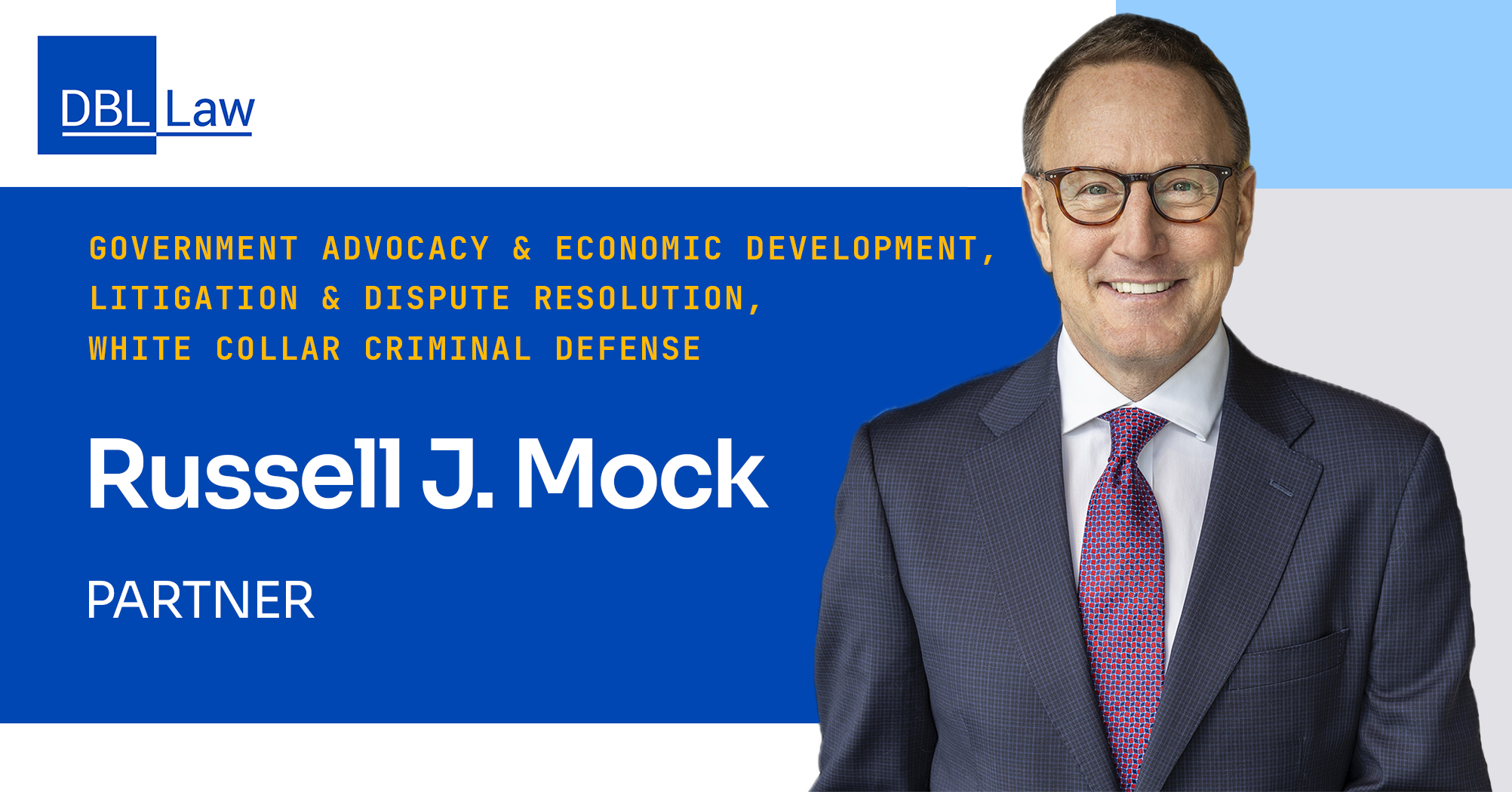Most of us are getting ready to submit federal and state income tax returns before the deadline. (Note: For 2016, the deadline has been moved from the 15th to the 18th due to a series of well-placed holidays.) But what are the chances the IRS will audit your tax return?
Tax return audits are rare. According to the IRS Data Book 2015, only 0.8% of all individual tax returns are audited. Solo attorneys reporting business income and expenses using a Schedule C have a 2% chance of being audited. Those with S Corporations have a 0.4% chance of being audited. And due to budget cuts, the IRS has fewer resources and is less likely to audit every questionable tax return.
These low percentages might tempt you to be overly creative in reporting your income and expenses. But before you play the audit roulette, the IRS and state tax agencies flag certain tax returns for audit because of the likelihood of dishonesty. Here are some of the common reasons:
1. High Income
The IRS is interested in high-income taxpayers for two reasons:
- High-income earners have the money to pay the tax.
- High-income earners are typically more aggressive when it comes to tax planning.
If you are making over $100,000 per year, you should ditch over-the-counter tax software and invest in a quality tax professional to make sure you are doing everything correctly.
2. Suspicious Deductions
“If you don’t understand the expense you are claiming, neither will an IRS auditor.”
Lawyers are service professionals selling their time and expertise. This means you should not claim deductions that do not apply to you, such as cost of goods sold or depletion. If you have a side business, the income and expenses from that business should be reported on a separate Schedule C. Also on the Schedule C, minimize reporting anything on the section titled “Other Expenses.”
Expenses such as Internet and cellular phone charges should be reported as utility expenses. Worst of all, do not write something ambiguous like “miscellaneous expenses.” If your current tax preparer does this, you should seriously consider working with someone else.
If you don’t understand the expense you are claiming, neither will an IRS auditor.
3. Higher Than Average Numbers
The IRS keeps statistical information on the expenses of various professions. If your expenses exceed a well-known range, then the IRS might send you a letter asking you to send proof of these expenses. Wolters Kluwer has published a list of the averages of certain itemized deductions claimed by taxpayers.
4. The Three Exes
No, I’m not referring to an explicit website or the Vin Diesel movies. I am talking about the three disgruntled exes in your life who know about your finances: an ex-spouse, an ex-employee, and an ex-business partner.
They have the means to report questionable behavior (or what they think is questionable) for the reward or revenge. Even if your numbers are correct, they may mislead or even lie to tax officials just to incite an audit and make your life miserable. If you think you will have one of these three people in your life in the future, make sure your office has strict internal controls in order to keep them away from sensitive documents. Also, if a spouse or a partner prepared the tax returns on your behalf, you should take them to an independent tax professional to make sure they were done correctly.
5. Using Round Numbers
If you input round numbers ($100, $1,000) for many of your expenses, it may give the IRS the impression you are guessing. Some expenses—such as office rent—tend to have round numbers. But avoid using round numbers for expenses like food, travel, and supplies where the cost is typically specific to the cent.
6. Using Abused Forms and Credits
Sometimes, we can’t have nice things like an audit-proof tax return even if we did everything right. Sole proprietors with a Schedule C and those claiming the earned income tax credit have a higher chance of being audited because they have been used by dishonest people to cheat the system.
7. Using a Dishonest Tax Preparer
Sometimes, you can be audited because your tax return preparer has been dishonest in the past. The IRS may audit all of the tax preparer’s clients if they see a pattern of abuse. So if your tax return preparer closes up shop unexpectedly, or if you hear about them being prosecuted for filing fraudulent tax returns, you may be vulnerable. So be careful when choosing a tax preparer. While most tax preparers encourage being aggressive when it comes to the grey areas of tax law, the reputable ones do not condone outright lying. So avoid using tax preparers who promise the biggest refund. Google them to check for unsatisfactory ratings.
Unfortunately, there is no full-proof way to prevent a tax audit. But unexpectedly preparing for and enduring an IRS audit is a major time suck and about as entertaining as watching paint dry. If you think you have one or more of the above problems, this does not mean you should amend your tax return or withhold legitimate expenses. It just means that you should be more diligent about preparing your tax return and have your receipts and a tax professional ready just in case.
This article was authored by Steven Chung, who is a tax attorney in Los Angeles, and published in the Lawyerist.




